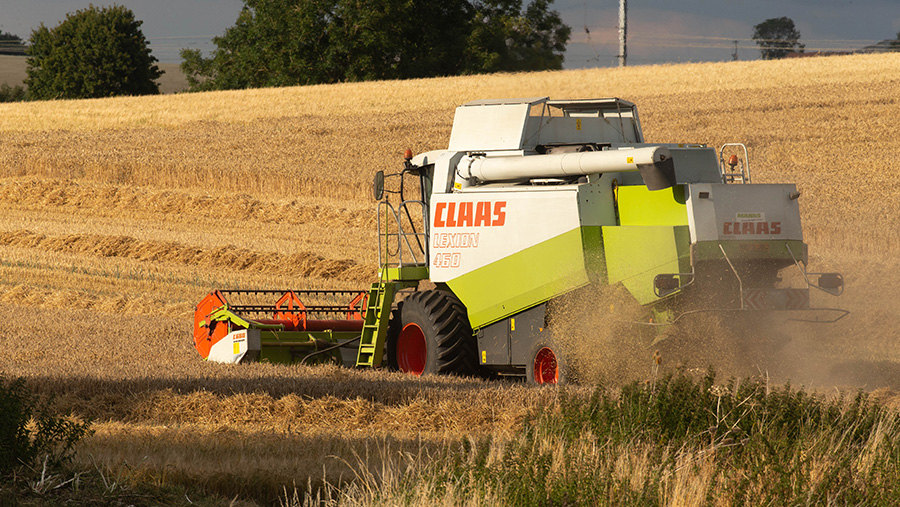Wynnstay maintains profit despite revenue plunge
 © Tim Scrivener
© Tim Scrivener Agricultural supply group Wynnstay has reported only a slight drop in pre-tax profit despite plummeting revenues in a year dogged by the Covid-19 pandemic and a poor harvest.
Difficulties in trading through the pandemic were compounded by 2020’s historically low harvest, the Powys-based company said.
The combined effect meant total revenues for the year ending 31 October 2020 fell by almost £60m to £431.4m from £490.6m a year earlier.
See also: Covid-19 Q&A: Practical farming queries answered
Despite the fall, profits before tax for the 12 months were £6.98m compared with £7.55m for the same period in 2019.
Much of the revenue loss was in the firm’s agriculture division.
Revenues from agricultural activities fell to £302.6m in 2020 from £358.7m in the previous 12 months. Pre-tax profits in the division finished at £2.88m for the year against £2.95m in 2019.
Wynnstay suggested the decline was due to lower demand for arable inputs and reduced volumes of grain available for trading.
The wet autumn in 2019, followed by a dry spring, had reduced areas and yields from grain crops, which led to a 37.5% drop in the total grain crop – the lowest since 1981.
The lower crop area farmed also saw a 10% decline in demand for fertiliser, further reducing returns.
Mixed picture
Other goods bought by farmers and contractors through the company’s agricultural merchanting division were also down, contributing to a decline in revenues from £131.84m in 2019 to £128.81m.
However, store and office closures saw costs drop, with staff working remotely and sales via click-and-collect services only.
The reduced operating costs helped increase profits by 10% to £5.78m in 2020.
Wynnstay chief executive Gareth Davies said the company had shown resilience in a turbulent year for agriculture and the wider public.
Looking ahead, Mr Davies said despite uncertainty over the Covid-19 pandemic, the new financial year had started well, with a Brexit deal in place that had buoyed sentiment across the farming sector.
